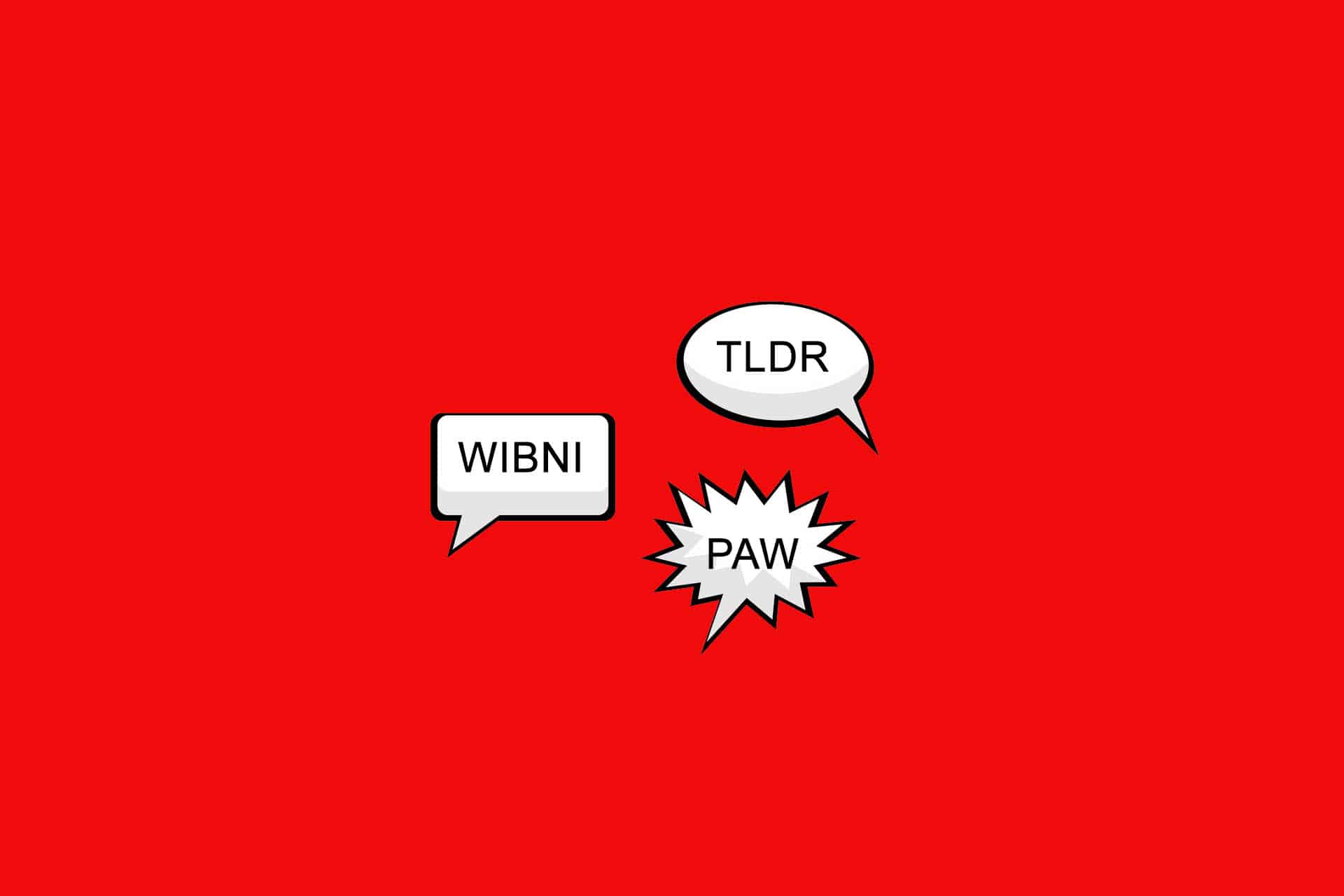A fool with a tool …
“A fool with a tool is still a fool.” This is a saying that is used relatively often in conversations about the sense and nonsense of products – especially software. And of course a fool is and remains a fool, even if he uses a tool. However, the statement is also true the other way round: A fool without a tool is still a fool.
Consultants propagate consulting, software producers propagate software
What is the best sport? If you ask a handball player this question, what do you think he would answer? Handball?! If you ask this question to a female footballer, what do you think she will say? Football?! The answer would probably only be interesting if the handball player raves about the one moment in football that decides between a draw and victory. Or if the female footballer is enthusiastic about the quick centre and Kempa tricks. In individual cases there may be such answers to corresponding questions, but individual cases are not the rule.
Transferred to the business world, this means: Consultants propagate consulting, software producers propagate software. Of course, from a consultant’s point of view, it makes sense to first discuss and understand the background before putting it into practice – with the help of tools. True to the motto, if you don’t know anything about scheduling, you don’t need a tool for Gantt charts. On the other hand, from the point of view of a software producer, scheduling may also work without agile transformation of the company, work on the system or changing mindsets. It is simply about planning efforts and deadlines and visualising them on a timeline.
What does this mean for “our” fool? Through (external) advisory support, he ideally becomes smarter over time and understands contexts, necessities or options better. However, this will hardly happen overnight and with a snap of the fingers. He may be able to solve tasks with the help of a tool with some electronic or mechanical support. And he may receive contextual support in the form of tutorials or video snippets, so that knowledge is imparted while using dedicated features. However, it is in the nature of things that a tool vendor only documents how a user changes the duration of a deadline bar, but rarely conveys how a team collectively performs an effort estimation. A fool with or without a tool is still a fool.
Individuals are more important than tools. Or: A fool with a false tool…
“Individuals and interactions over processes and tools.” This is how the Agile Manifesto puts it, defining a foundation of values and principles for agile software development and for the development of products. Since the publication of the Agile Manifesto in 2001, a lot has been written about values in general and about this sentence in particular. I almost want to shout out loud “And the earth is a sphere”. Of course, people are more important than the tools they use. Why should the paintbrush be more important than Pablo Picasso, the tennis racket more important than Roger Federer? Why should the format of a dialogue be more important than the insights of the dialogue? And although individuals and interactions are more important than processes and tools, paintbrushes and tennis rackets are very useful things in the hands of Picasso or Federer. “Everyone is a genius! But if you judge a fish by whether it can climb a tree, it will spend its whole life believing that it is stupid,” Albert Einstein aptly put it. I don’t know whether Pablo Picasso played tennis or Roger Federer paints, but I am sure that even Federer plays tennis better with a tennis racket than with a paintbrush. In short: A fool with a false tool is still a fool.
One use case or a seemingly infinite number of options
A hammer is a simple tool for pretty much one use case: a nail has to go into a wall. Boom. Done. It is a means to an end. It is not more important than the nail and not more important than the object that will later hang on the nail. Have you ever accidentally hit your finger with a hammer? From my own experience I can say: Ouch. A fool with a tool…
In contrast to a hammer, many products – especially software – offer many functions for many applications. MS Excel, for example, has more than 400 functions. And with my web browser, windows can be named, the size of automatic subtitles can be adjusted, focused elements can be highlighted briefly or downloads can be opened automatically depending on the file type. This doesn’t have to bother a user, but it can also leave a negative impression: A tool can make you feel like a fool.
The perspective of a software development service provider
“Anyone looking for suitable software to solve a problem must make a strategic decision at an early stage: should software be purchased or developed individually? While standard software was developed by a manufacturer for a market or an industry and thus for anonymous customers, individual software is developed on behalf of a specific company. If you ask a software manufacturer who lives from the licensing business, he will probably advise you to buy standard software. If you ask a company that specialises in the individual development of solutions, it will often recommend a custom-made solution. The decision is not easy.”¹
There are a number of criteria for making appropriate decisions:
- Availability, maturity and scaling,
- interfaces, customising and documentation,
- care and maintenance, training and costs, and
- specialisation.
Specialisation is particularly interesting, because it is essential for the functional quantity. A standard software producer will often try to cover as many use cases as possible with features in order to appeal to additional users. A software development service provider, on the other hand, delivers a programme for concretely defined use cases. Precisely fitting, dedicated to needs. At least in theory, individual programming supports users better in their activities.
And the conclusion of the story: Advisory support can be useful. The use of tools can be useful. The development of individual solutions can make sense. And perhaps the following sentence also applies: A fool with a smart tool, becomes a smart fool.
Notes:
[1] Extract from Buy software or have it developed
If you like the post or want to discuss it, feel free to share it with your network.
Michael Schenkel has published other articles in the t2informatik blog, including

Michael Schenkel
Head of Marketing, t2informatik GmbH
Michael Schenkel has a heart for marketing – so it is fitting that he is responsible for marketing at t2informatik. He likes to blog, likes a change of perspective and tries to offer useful information – e.g. here in the blog – at a time when there is a lot of talk about people’s decreasing attention span. If you feel like it, arrange to meet him for a coffee and a piece of cake; he will certainly look forward to it!
In the t2informatik Blog, we publish articles for people in organisations. For these people, we develop and modernise software. Pragmatic. ✔️ Personal. ✔️ Professional. ✔️ Click here to find out more.


